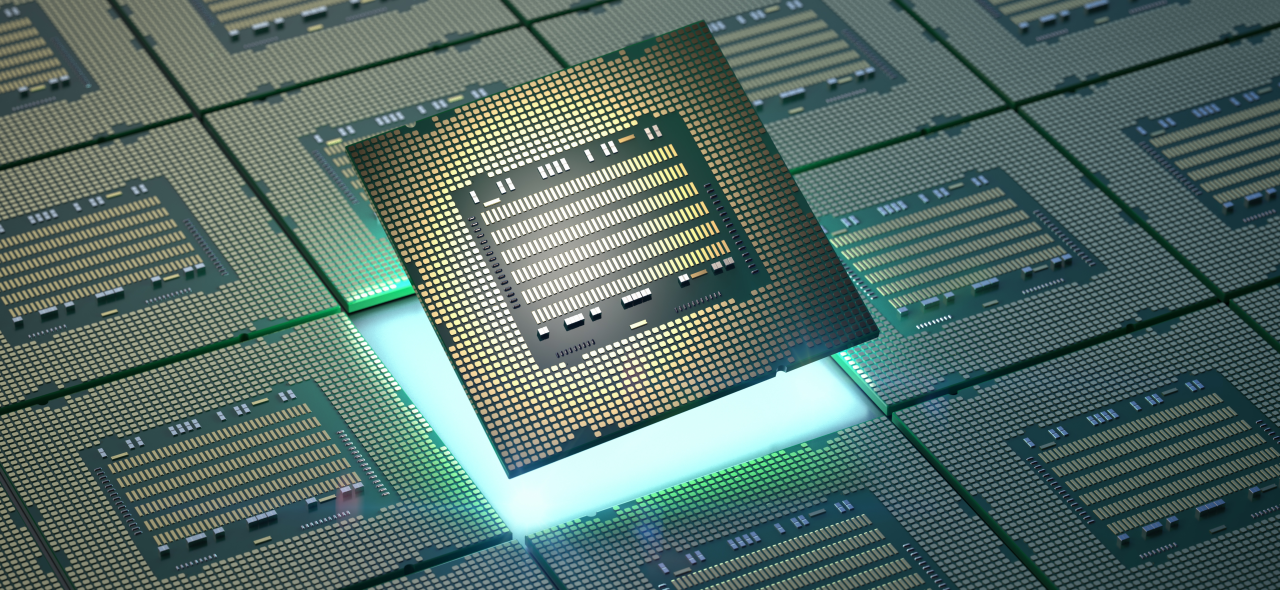MeitY approved 23 chip design projects under its Design Linked Incentive (DLI) scheme, thus strengthening the semiconductor design ecosystem in India. This favors domestic start-ups and MSMEs that work on chips applicable in surveillance cameras, smart energy meters, among others.
Alongside these approvals, 72 companies now have access to industry-grade EDA tools to shorten development time and improve design capabilities in India.
One of the beneficiaries is Bengaluru-based Vervesemi Microelectronics, which is designing integrated circuits for smart energy, motor control, and aerospace. Its forthcoming designs include chips for weighing scales, energy meters, small appliances, electric vehicles, and avionics.
Vervesemi is developing ICs for strategic and consumer applications, including ASICs for weighing scales, smart energy meters, BLDC motor controllers, EVs, drones, and aerospace systems. Sampling for most designs is expected between late 2025 and 2026.
The company mentioned that these efforts display India’s growing ability to design high-performance, Made-in-India ICs for the strategic and consumer market in import substitution and raising the country’s stature at a global level in the semiconductor field.
The DLI program is at the core of India’s $10 billion semiconductor mission, which aims to reduce reliance on imports while simultaneously fostering domestic talent and creating a robust ecosystem for chip design and development.
The broader impact of the DLI scheme is already visible, as India moves toward building a robust fabless semiconductor ecosystem. By empowering startups and MSMEs with access to Electronic Design Automation (EDA) tools and financial incentives, MeitY is laying the groundwork for a self-reliant design-to-deployment pipeline. Experts believe that this momentum, combined with strategic investments and global partnerships, could help India emerge as a competitive force in the global semiconductor supply chain, reducing reliance on imports and boosting domestic innovation.







